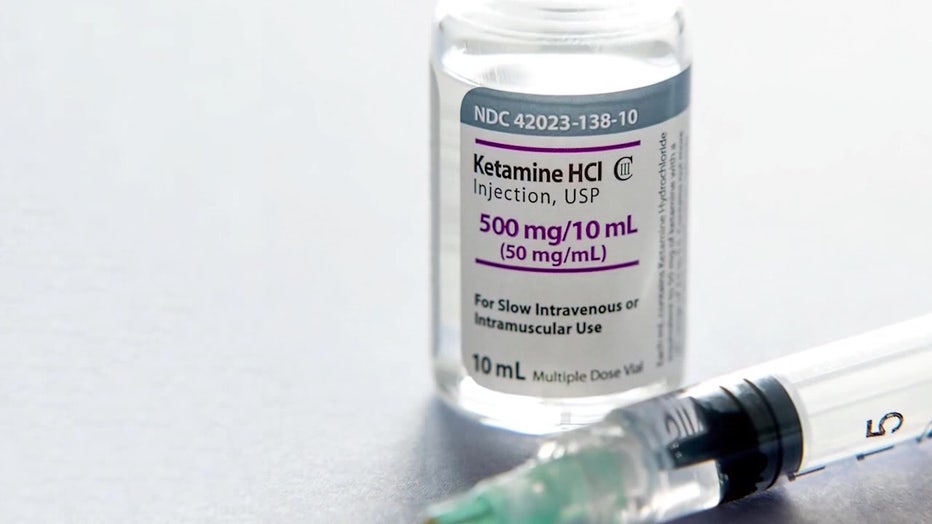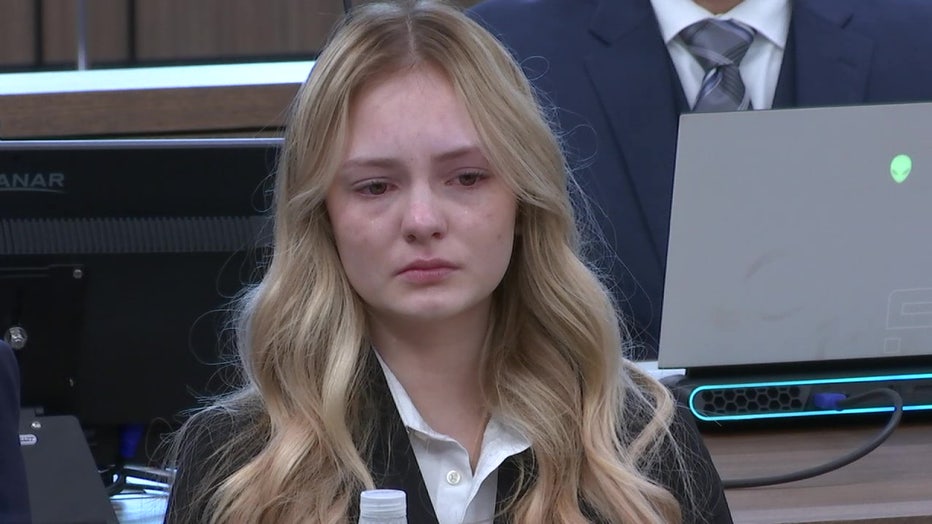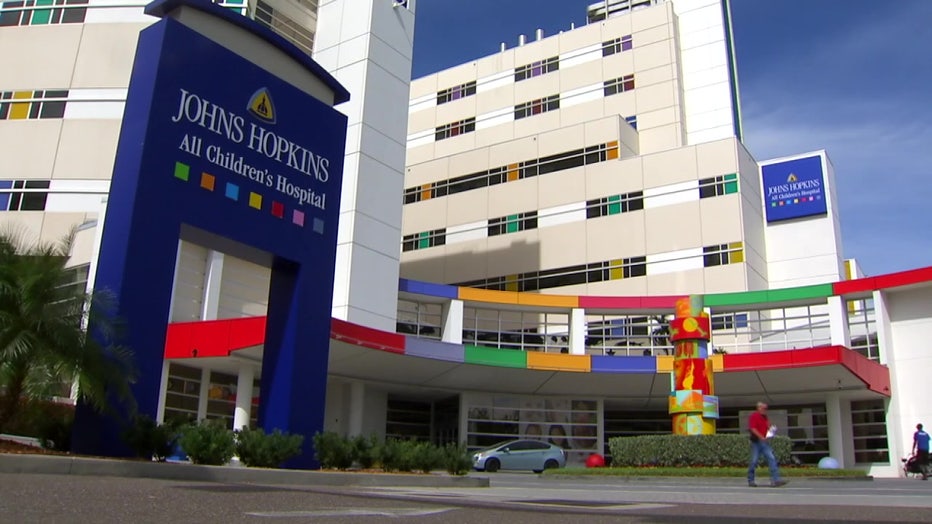‘Take Care of Maya’ trial: Maya’s brother testifies in $200 million case against All Children’s Hospital
VENICE, Fla. - Maya Kowalski’s teenage brother was among witnesses who took the stand in a Sarasota courtroom on Friday as testimony began in a case against Johns Hopkins All Children’s Hospital that was featured in the Netflix documentary ‘Take Care of Maya’.
It was another emotional day in court as the Koawlskis openly wept as jurors listened to a recording of the 911 call made the day Beata Kowalski’s body was found after she hung herself.
The Kowalski family claims the actions of doctors, the Department of Children and Families and Johns Hopkins All Children’s Hospital pushed the mother of a then 10-year-old girl to take her life and filed a $200 million lawsuit against the medical center.
Why was Maya taken to the hospital?
According to the Kowalski family, Maya’s father rushed her to the emergency room at Johns Hopkins All Children’s Hospital in October 2016 because she was having an intense flare up of pain.
PREVIOUS: Family in Netflix’s ‘Take Care of Maya’ takes lawsuit against Johns Hopkins All Children’s to court
The family says she suffers from Complex Regional Pain Syndrome (CRPS), which is a rare and debilitating chronic condition.
CRPS is often difficult to diagnose, and sufferers are sometimes accused of faking their pain. The Kowalski family attorney is arguing that the hospital staff refused to believe Maya had CRPS even after Maya’s doctor, who did not work for All Children’s Hospital, confirmed her diagnosis. That same doctor had previously prescribed Ketamine as a treatment, which can be used as a pain management tool, but it is also sometimes abused. In high enough doses Ketamine can cause coma and even death.
The Kowalski family’s attorney spent Friday morning painting a picture for the jury of how Maya went from a typical little girl riding her bicycle around the neighborhood to not being able to walk on her own.

Maya Kowalski sits in a courtroom as a $200 million case against All Children's Hospital gets underway in Sarasota County.
Why was Maya taking Ketamine?
The Kowalskis say Maya had been receiving Ketamine infusion therapy for more than a year as part of her treatment for CRPS.
Ketamine is an anesthetic that reduces sensation and can have hallucinogenic effects. It is sometimes abused recreationally and in high doses, ketamine can cause coma or death.
While at the hospital, Maya’s mother Beata Kowalski, insisted the hospital give her daughter Ketamine. Her persistence alarmed hospital staff and they called in a report to the Child Abuse Hotline.

They suspected Beata Kowalski, who was a registered nurse, was making her daughter sick.
When the hospital’s attorney began his opening statements, he noted that several hospital staffers believed Beata Kowalski suffered from Munchausen syndrome by proxy (MBP) and they were trying to protect Maya.
Why wasn't Maya allowed to see her family?
A judge ordered Maya to be sheltered at the hospital while the child abuse allegations were being investigated. The child wasn’t allowed to be discharged to her family or another treatment facility and could not see her mother.
According to both the Netflix documentary and the lawsuit, Maya’s CRPS physician confirmed her condition and course of treatment to Johns Hopkins staff, but they continued to press forward with a child abuse case against Beata Kowalski.
After 87 days of not seeing her daughter, Beata Kowalski died by suicide. She left a note saying she could no longer take the pain from being away from her daughter and being treated like a criminal. Maya was allowed to return to her family following her mother's death.

Maya Kowalski listens to opening statements in a $200 million case against All Children's Hospital.
"We had no reason to wish this family harm and we still don’t, the issue here is who is responsible for it. We will go over the facts and what the facts don’t show in terms of any connection of what was done by All Children’s and that tragic result," said Howard Hunter representing Johns Hopkins All Children’s Hospital.
Hunter says staff at Johns Hopkins All Children’s Hospital followed state law by reporting a situation that raised red flags for the medical staff.
However, the Kowalski family claims that while hospital staff was accusing them of lying about CRPS and refusing to treat Maya, the facility was billing the family and their insurance more than half a million dollars for that exact cause of illness.
The hospital is expected to argue that Maya’s outside Ketamine treatments were dangerous and inappropriate for a child.

File: Johns Hopkins All Children's Hospital
Jurors will ultimately have to decide whether what happened to the Kowalski family could have been prevented and if the hospital’s actions pushed Beata Kowalski to take her own life.
"We ask in this case for you to consider not only compensatory damages to try to make them whole for these terrible things, but also punitive damages to deter them to punish them and to deter this type of behavior in the future," said Hunter.
The family already settled with the DCF Suncoast Center and child abuse pediatrician Dr. Sally Smith who once worked for the center, but is no longer employed by the organization.
Earlier this week, the Kowalskis dropped a case against DCF social worker Catherine Bedy, who was a focus of the documentary.
The family’s attorney reportedly described the decision as a ‘walkaway agreement’, which means the family chose to drop the suit against Bedy while continuing to sue the hospital.
There are thousands of pieces of evidence and hundreds of witnesses in this case, which could last about two months.

